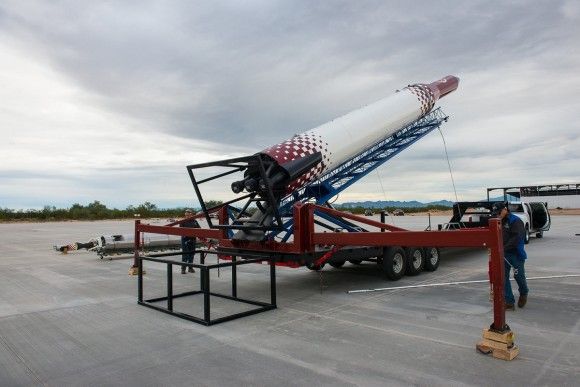Defence Policy
Will the Polish Law and Justice Party Freeze The Nuclear Programme? “Small reactors are the future”
The new government of Poland, starting from the moment when it was elected, did not officially declare that the initiative related to the Polish nuclear power plant is going to be continued. The emerging speculations suggest that the investment is going to be suspended and modified in the future, in the light of the fact that SMR (Small Modular Reactors) technology is currently being quickly developed.
The year 2015 was not successful for the Polish nuclear programme, considering the decision taken in December 2014, leading to termination of an agreement with the Worley Parsons company, which had been dealing with the environmental and location research. The research mentioned above is going to be restarted, with the use of a new formula, during the Spring this year. This is why the recent months have been characterized with low value information, the purpose of which was to convince the public that the project aiming at creating the first Polish nuclear power-plant is still valid.
The above was shown by the fact that the PGE EJ1 company, responsible for the Polish nuclear programme, submitted a request to the General Director of Environment Protection, asking him to issue decisions pertaining the environmental conditions and to define the scope of the information expected to be contained in the report, covering the environmental impact of the initiative. Information Sheet was attached to the aforesaid request. The said document constitutes a foundation for initiating the procedure, in which the environmental impact would be assessed, making it possible to select a safe location for the power-plant. However, the above procedure shall be implemented after the environmental and location research is carried out.
Other information emerging in 2015 was related mainly to the consultations involving the Pomeranian municipalities, in which the nuclear reactor would be located (since the municipalities requested provision of financial securities). Some news also emerged regarding the potential Uranium supplies realized by the KGHM mining company, should the project be initiated – within the scope of recovering the radioactive element from the copper strata in the Lubin-Sieroszowice region. Finally, the media also reported that the integrated procedure, regarding selection of the funding model for the power-plant, along with the strategic partner and the supplier of technology and the nuclear fuel, is going to be initiated soon. What is interesting, the aforementioned proceedings were to be started in December – no such thing did happen.
In fact, the only interesting series of events regarding the Polish nuclear reactors during 2015 could have been seen in the evolution of the stance taken by the Prawo i Sprawiedliwośc (Law and Justice) party, when it comes to the initiative of providing Poland with a nuclear power-plant. Prior to the parliamentary election, the party in question assured the society that it is going to continue the investment, with the new ministry responsible for the matters of energy taking the lead role regarding the issue. However after “Law and Justice” won the election, the declarations pertaining the nuclear power became far more reserved. Moreover, some critical voices, with arguments against creating the nuclear power plant, also emerged in the public sphere, e.g. visible in the Henryk Kowalczyk’s statement, claiming that the future of the initiative still remains unclear, and that no relevant decisions were made within that scope so far. What is more, discussions pertaining the future energy mix also avoided the “nuclear” term. The officials were focused on the gas and coal instead (creating the second gas terminal, curing the mining industry, renegotiating the climate policy provisions).
Taking the above into account, speculations began to emerge, suggesting that the investment is going to be hampered, or even frozen by the “Law and Justice” party, and modified in the future, in the light of the fact that SMR (Small Modular Reactors) technology is being quickly developed now. Such approach would make it possible for the new government to continue the nuclear programme, distributing it across a longer time-line and decreasing the cost of the initiative. Not only does the above refer to the reactors themselves, but also to reconstruction of the distribution network, so that power could be effectively provided to the whole country.
